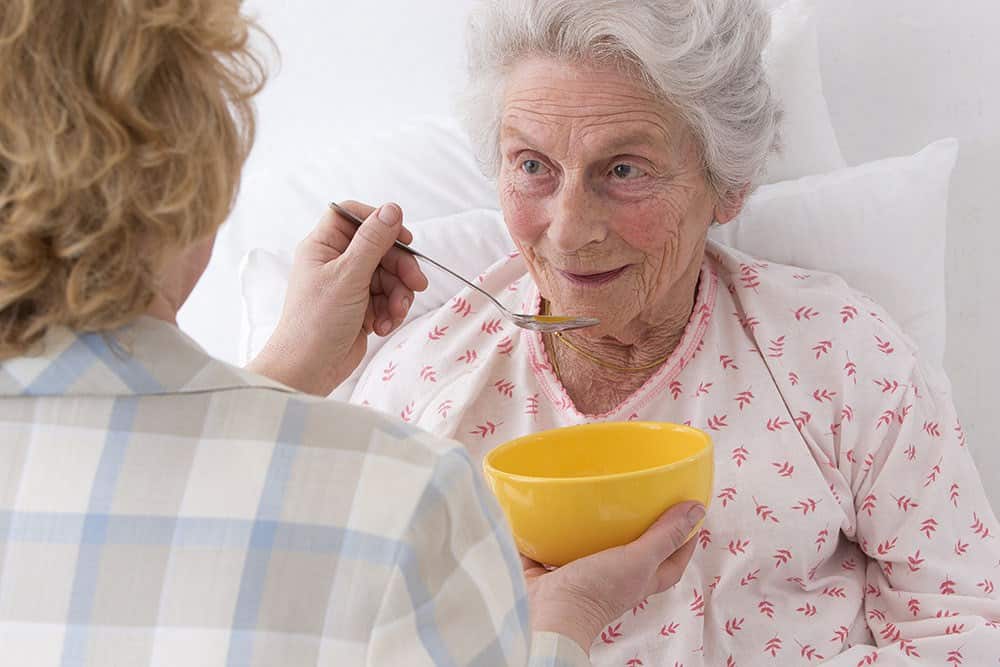Local authorities receive guidance relating to new powers to suspend Care Act duties

Local authorities have received new guidance relating to the powers available under the new Coronavirus Act to suspend duties mandated in the Care Act 2014, including detailed assessments of care & support needs.
Issued on the 1st April, the Department of Health and Social Care (DHSC) guidance sets out how local authorities should use the new Care Act easements, created under the Coronavirus Act 2020, to enable local authorities to prioritise care when their capacity drops due to COVID-19.
Citing the rapidly growing pressures facing local authorities and care providers, with care workers unable to work due to self-isolation and unpaid carers unable to reach those requiring care, the government says the new law gives councils emergency powers to use to ensure the care system can continue to function.
According to the DHSC, the new powers fall into four key categories, with each applicable for the period that the powers are in force.
Arguably the most eye-catching change is people’s right to be assessed for social care, with local authorities not having to carry out detailed assessments of people’s care and support needs as required by the Care Act.
If councils were to use this power, however, they would still be expected to respond to requests for care and support within a timeframe that would not jeopardise a person’s human rights.
Additionally, local authorities would not have to prepare or review care and support plans in line with the provisions set out in the Care Act.
Another major change would be the ability to carry out financial assessments, instead, having the power to charge people retrospectively for care and support received during the crisis.
Emphasising that these measures are “time-limited and are there to be used as narrowly as possible”, the guidance states that local authorities should continue to do everything they can to continue meeting their existing duties as detailed in the Care Act where possible.
“A local authority should only take a decision to begin exercising the Care Act easements when the workforce is significantly depleted, or demand on social care increased, to an extent that it is no longer reasonably practicable for it to comply with its Care Act duties,” reads the guidance.
Following the passing of the Coronavirus Act, numerous charities expressed concern regarding what it could mean for those relying on social care and support.
Fazilet Hadi, Head of Policy at Disability Right UK said: “DR UK urges local authorities not to suspend Care Act rights. There is a real danger that moving to new untested ways of assessing, delivering and prioritising care will lead to disabled people with high care needs falling through the cracks, being alone and unsupported.
“We would ask directors of social care to consult with organisations supporting disabled people throughout the crisis, to gain information and understanding of the lived experience of disabled people and to develop and monitor strategies that support and protect us. A serious omission from the guidance is not requiring directors of social care to consult with disabled people’s organisations in the lead up to making a decision to suspend Care Act rights, and we would urge local authorities to consult disabled people’s organisations as part of the process.”
Helen Walker, Chief Executive of Carers UK, said: “We recognise these are temporary measures which should help local services better cope with coronavirus, however, this guidance comes at a time when social care services have been cut back year after year. Many families who do receive some form of care have a much-reduced package of support, having had to meet much higher thresholds to get the care they need.
“As local authorities respond to coronavirus, carers are hugely concerned about whether the services they depend on will continue, and if they’re cut, whether they’ll be reinstated.
“Carers UK will be closely monitoring the impact of local decision-making on unpaid carers and feeding back their concerns to Government.
“This guidance on the Care Act easements makes it clear that local authorities should continue to support unpaid carers where possible. We are pleased that the Government has recognised that charging carers for services during the coming weeks will be counter-productive when they do so much to uphold our fragile social care system.
“If carers are not clearly recognised and supported during this emergency then it will only mean that more people become unwell and will need even greater support from our already over-stretched public services.”
Discover more about the Coronavirus Act and its impact on the Care Act
https://thiis.co.uk/local-authorities-receive-guidance-relating-to-new-powers-to-suspend-care-act-duties/https://thiis.co.uk/wp-content/uploads/2018/11/Carers-UK-2-1.jpghttps://thiis.co.uk/wp-content/uploads/2018/11/Carers-UK-2-1-150x150.jpgCoronavirus NewsCOVID-19 Sector NewsGovernment & Local AuthoritiesNewsroomSector NewsAssessments,Care Act,Carers UK,coronavirus,Coronavirus Act,COVID-19,Department of Health and Social Care,Disability Rights UK,local authorities,social careLocal authorities have received new guidance relating to the powers available under the new Coronavirus Act to suspend duties mandated in the Care Act 2014, including detailed assessments of care & support needs. Issued on the 1st April, the Department of Health and Social Care (DHSC) guidance sets out how...Calvin BarnettCalvin Barnettcalvin.barnett@bhta.comAuthorTHIIS Magazine

